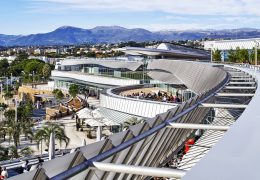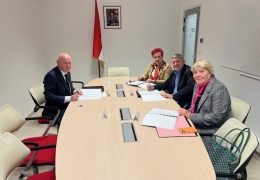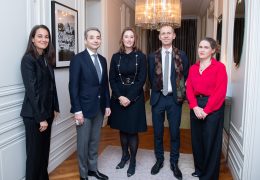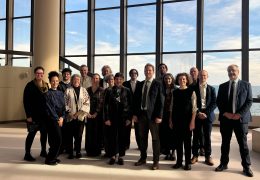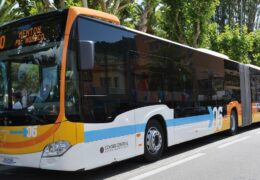4th Session of the Bilateral Cooperation Commission between the Principality of Monaco and the Republic of Tunisia
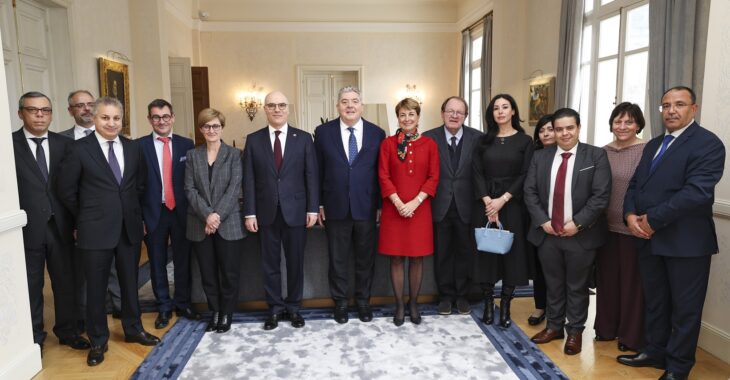
The Monacan delegation* was led by Mrs. Isabelle Berro-Amadeï, Government Counselor – Minister of Foreign Affairs and Cooperation. The Tunisian delegation** was led by H.E. Mr. Nabil Ammar, Minister of Foreign Affairs, Migration, and Tunisians Abroad. At the opening of the Commission, the two delegation leaders praised the excellence and exemplarity of the friendly relations and cooperation between the two States and were pleased with the positive outcome of the cooperation actions since 1993. Both delegation leaders emphasized the shared willingness to work on maintaining and strengthening the bonds of friendship and cooperation between the Tunisian and Monacan peoples. In her opening speech, Isabelle Berro-Amadeï recalled the Principality’s and its Sovereign Prince’s attachment to the Mediterranean, “our common living space and our true bridge.” She highlighted the developments in cooperation since the signing of the Framework Agreement between the two States in 2008. The Monacan Cooperation’s action in Tunisia now focuses on three priority areas: health, education/child protection, and access to decent work. Cooperation particularly emphasizes the fight against school dropout, access to employment, and entrepreneurship for women and young people, in line with Tunisian national priorities. Isabelle Berro-Amadeï stated, “The youth of the Mediterranean, on both shores, must be able to find their place and build a future. I am pleased that our cooperation with Tunisia has youth as its target heart.” In his speech, the Head of the Tunisian delegation, His Excellency Mr. Nabil Ammar, mentioned Tunisia’s attachment to its belonging to the Mediterranean space, the cradle of civilizations, and a privileged place for cultural and human exchanges on both shores. In this regard, he recalled that the friendship and cooperation between Tunisia and the Principality of Monaco have always been based on friendship and partnership, indicating that Tunisia remains a major and promising partner in Central Mediterranean, endowed with enormous potential and several comparative advantages, especially in terms of the quality of its human resources. Nabil Ammar also emphasized that “the fight against the effects of climate change, strengthening the employability of the population, especially young people, are factors of economic growth and stability on which to focus.”
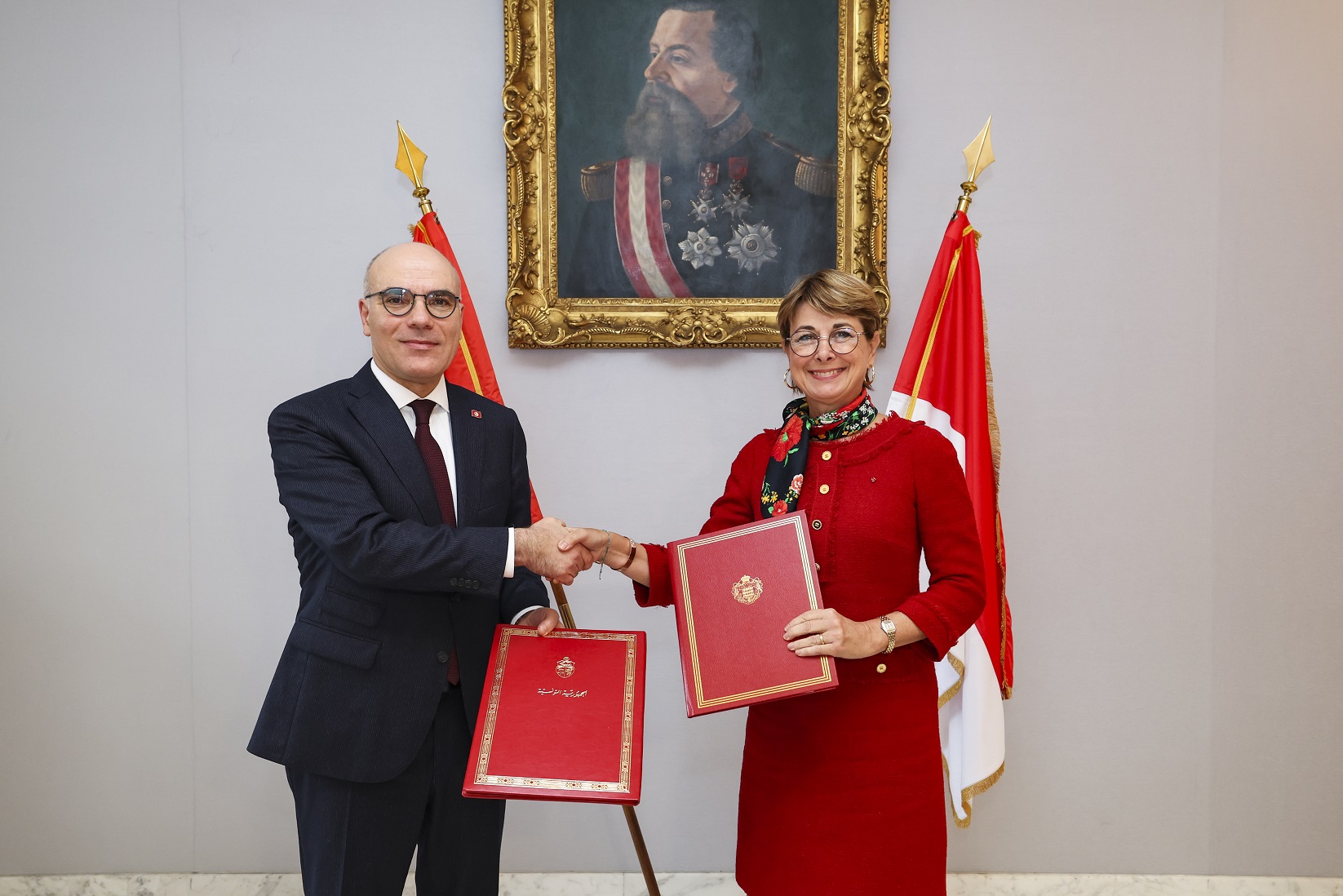 During the Commission’s proceedings, the two delegations agreed to explore collaboration opportunities to achieve their respective national climate objectives within the mechanisms provided for in Article 6 of the Paris Agreement. In the field of fiscal cooperation, they also agreed on the opening of negotiations for a Double Taxation Agreement. The two parties also exchanged views on cooperation prospects in the areas of youth, sports, culture, and agriculture. The Bilateral Cooperation Commission took place in an atmosphere of trust and cordiality. At the end of these exchanges, the two parties signed a sectoral Framework Agreement in the field of vocational training, a key to employment access for young people. To conclude this visit, a lunch brought together the two delegations with Minister of State Pierre Dartout at his Residence. As a reminder, bilateral cooperation between the two States was initiated in 1993. It was strengthened in 2008 by the signing of a framework cooperation agreement on the occasion of the 1st meeting of the Bilateral Cooperation Commission between the two States, and subsequently in 2017 in Tunis, by the signing of a sectoral framework agreement in the social field, on the occasion of the 3rd meeting of the bilateral commission between the two countries.
During the Commission’s proceedings, the two delegations agreed to explore collaboration opportunities to achieve their respective national climate objectives within the mechanisms provided for in Article 6 of the Paris Agreement. In the field of fiscal cooperation, they also agreed on the opening of negotiations for a Double Taxation Agreement. The two parties also exchanged views on cooperation prospects in the areas of youth, sports, culture, and agriculture. The Bilateral Cooperation Commission took place in an atmosphere of trust and cordiality. At the end of these exchanges, the two parties signed a sectoral Framework Agreement in the field of vocational training, a key to employment access for young people. To conclude this visit, a lunch brought together the two delegations with Minister of State Pierre Dartout at his Residence. As a reminder, bilateral cooperation between the two States was initiated in 1993. It was strengthened in 2008 by the signing of a framework cooperation agreement on the occasion of the 1st meeting of the Bilateral Cooperation Commission between the two States, and subsequently in 2017 in Tunis, by the signing of a sectoral framework agreement in the social field, on the occasion of the 3rd meeting of the bilateral commission between the two countries.





